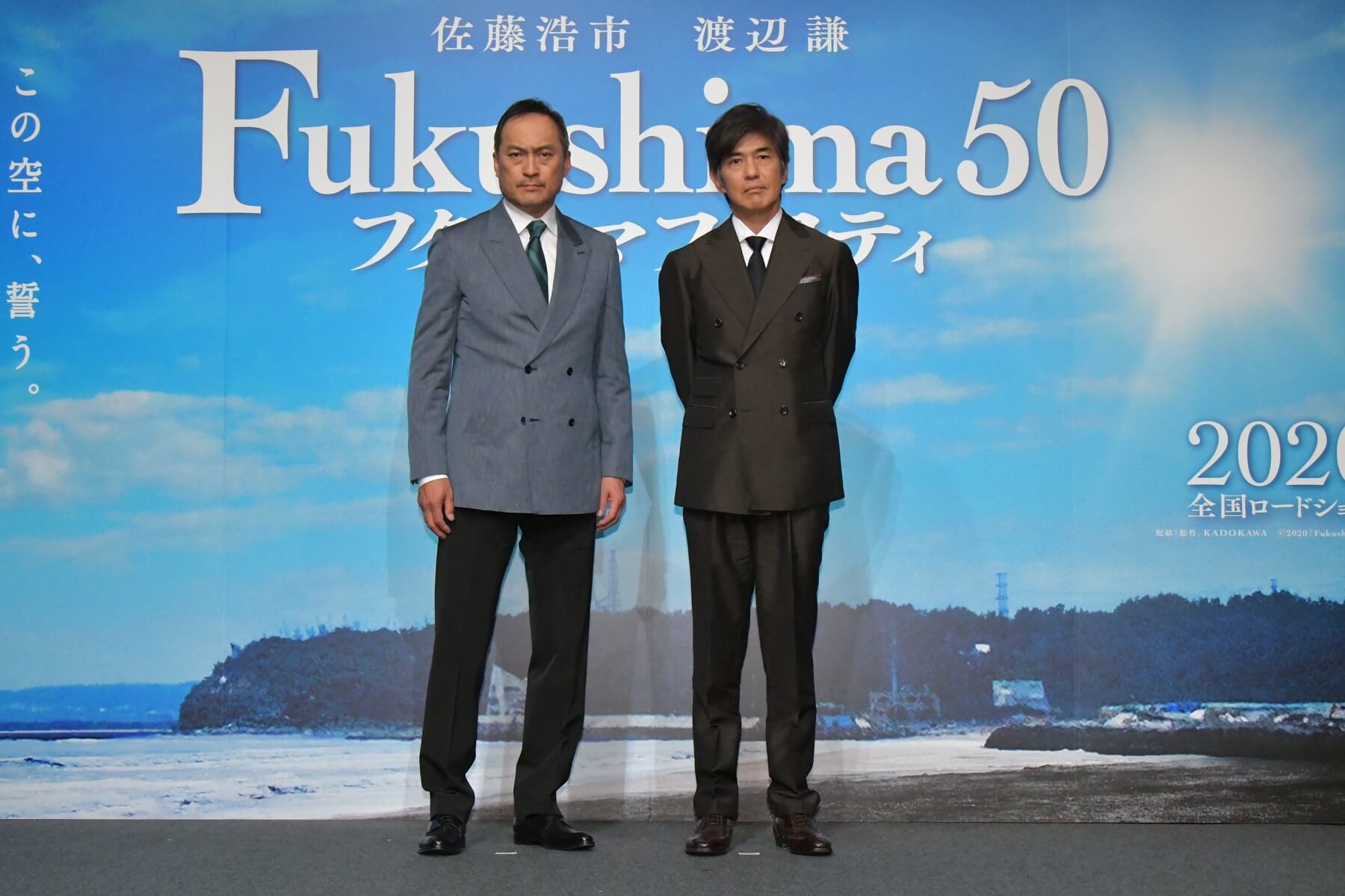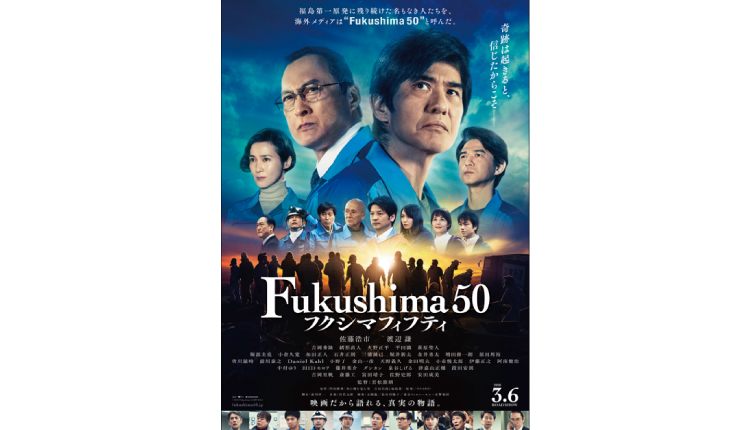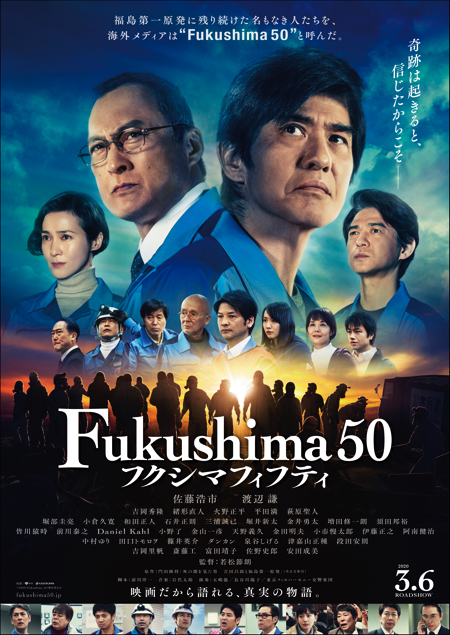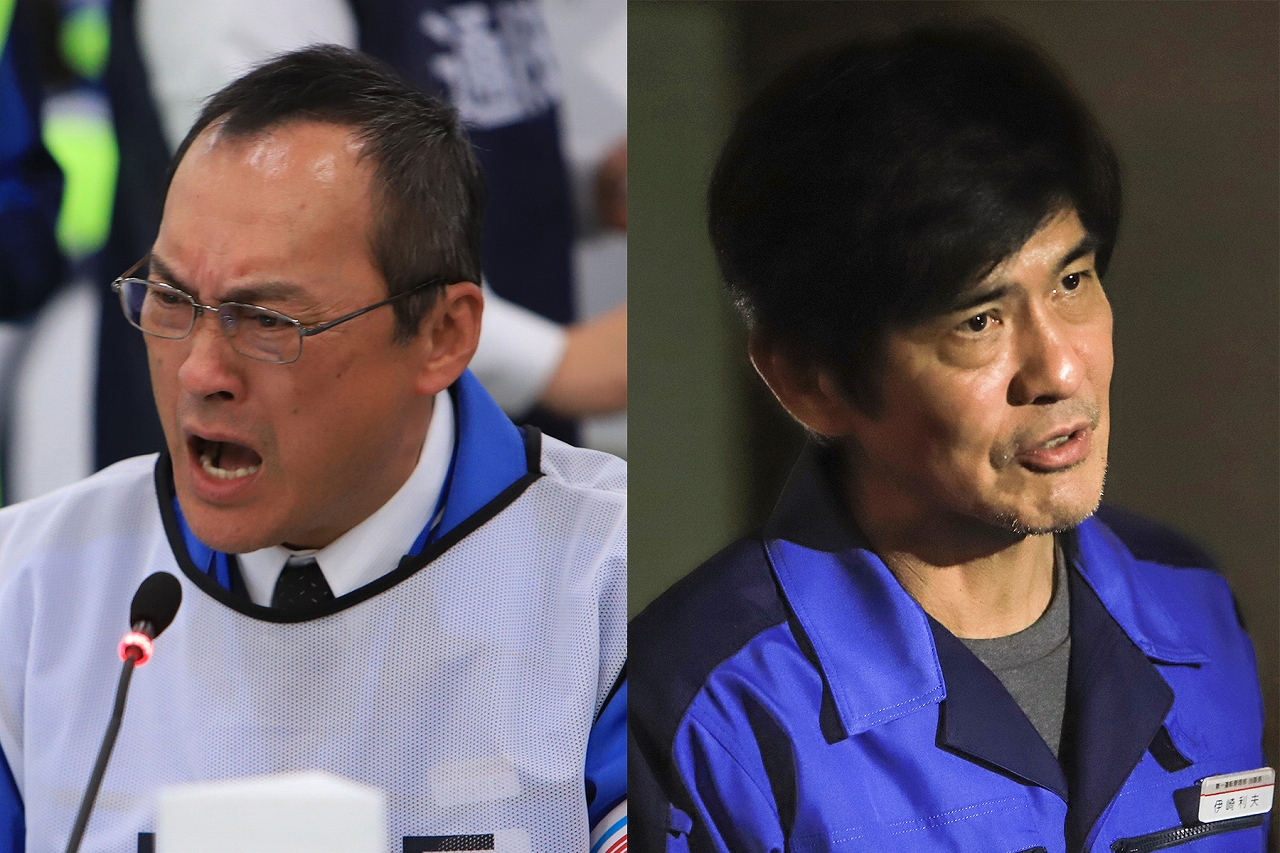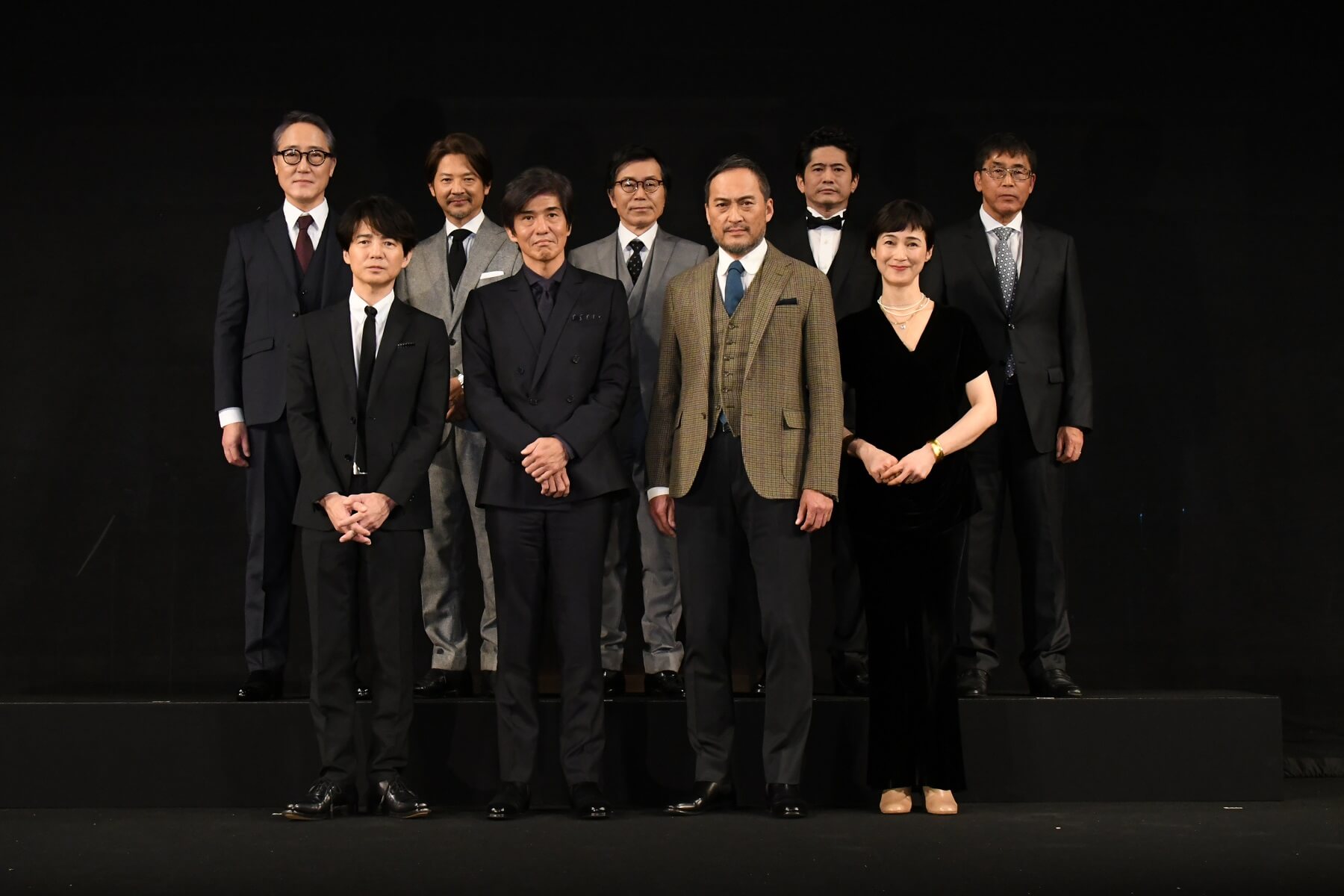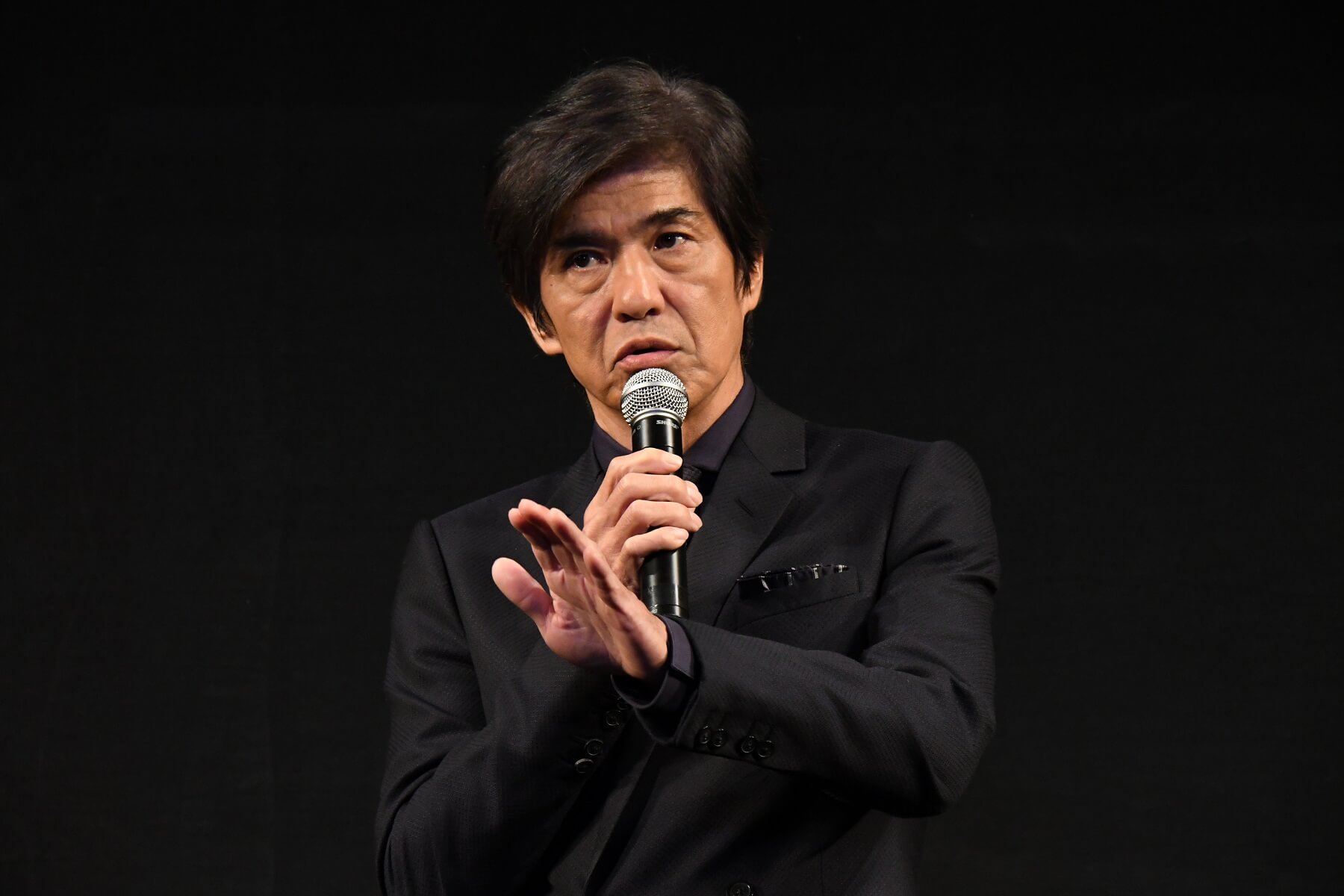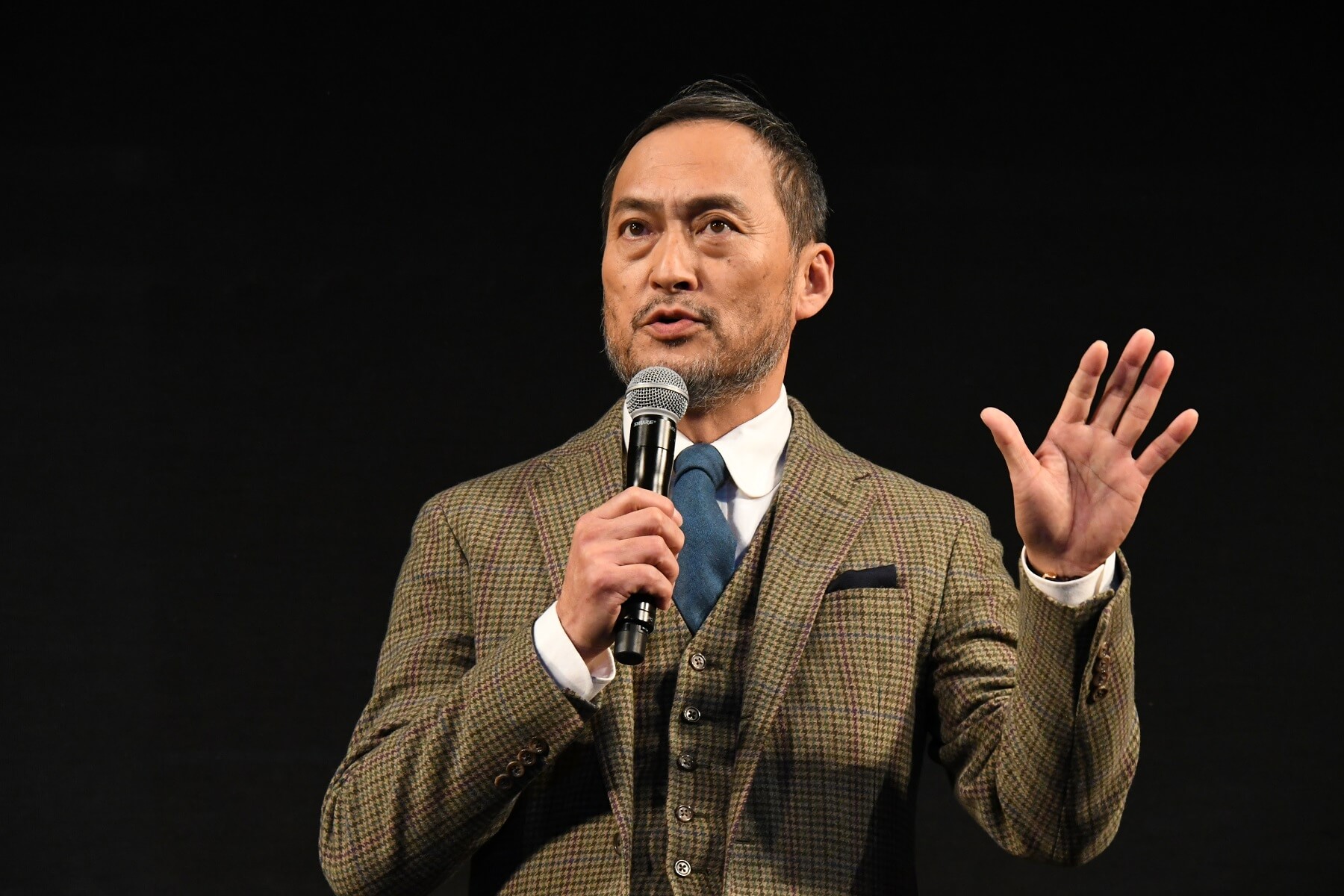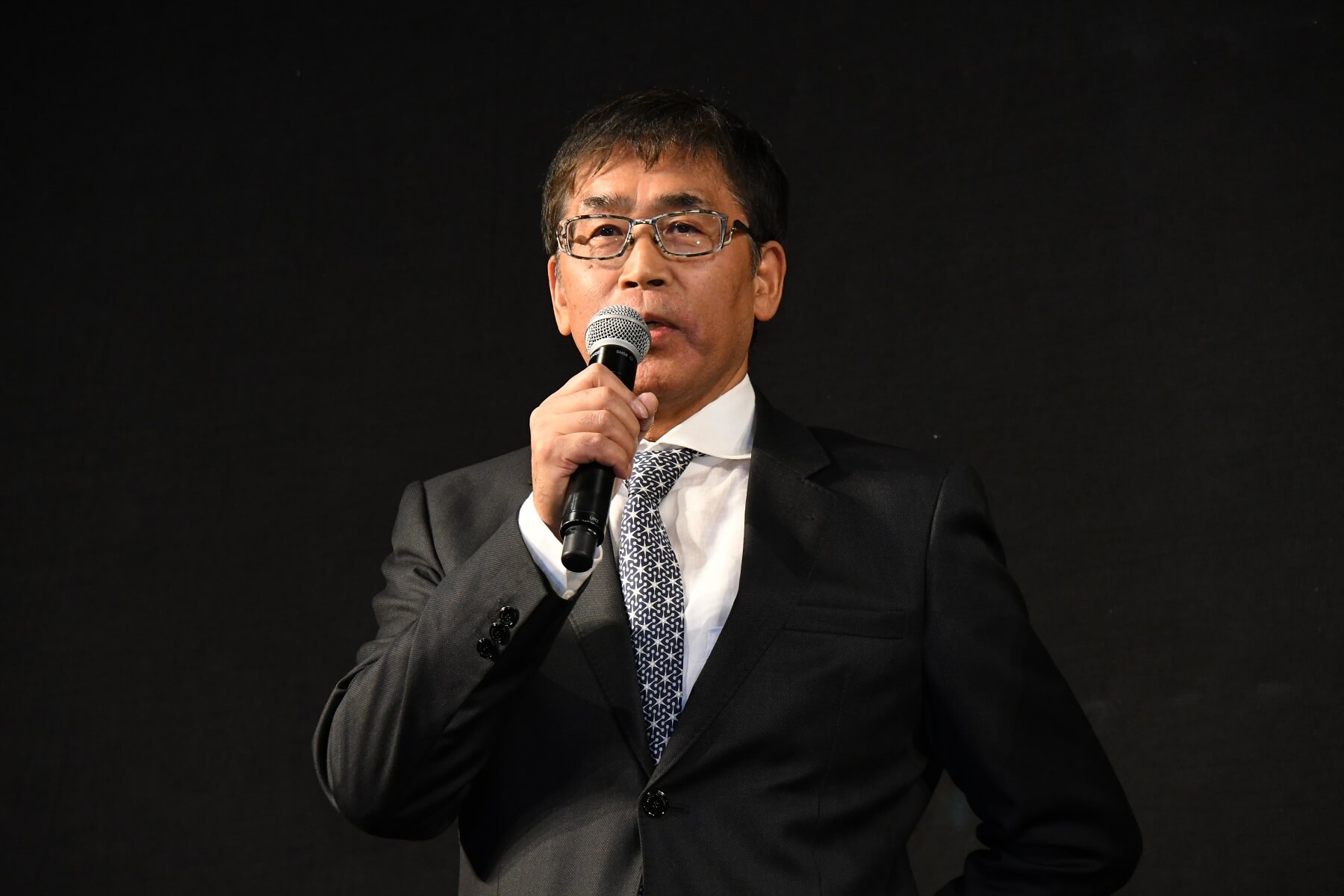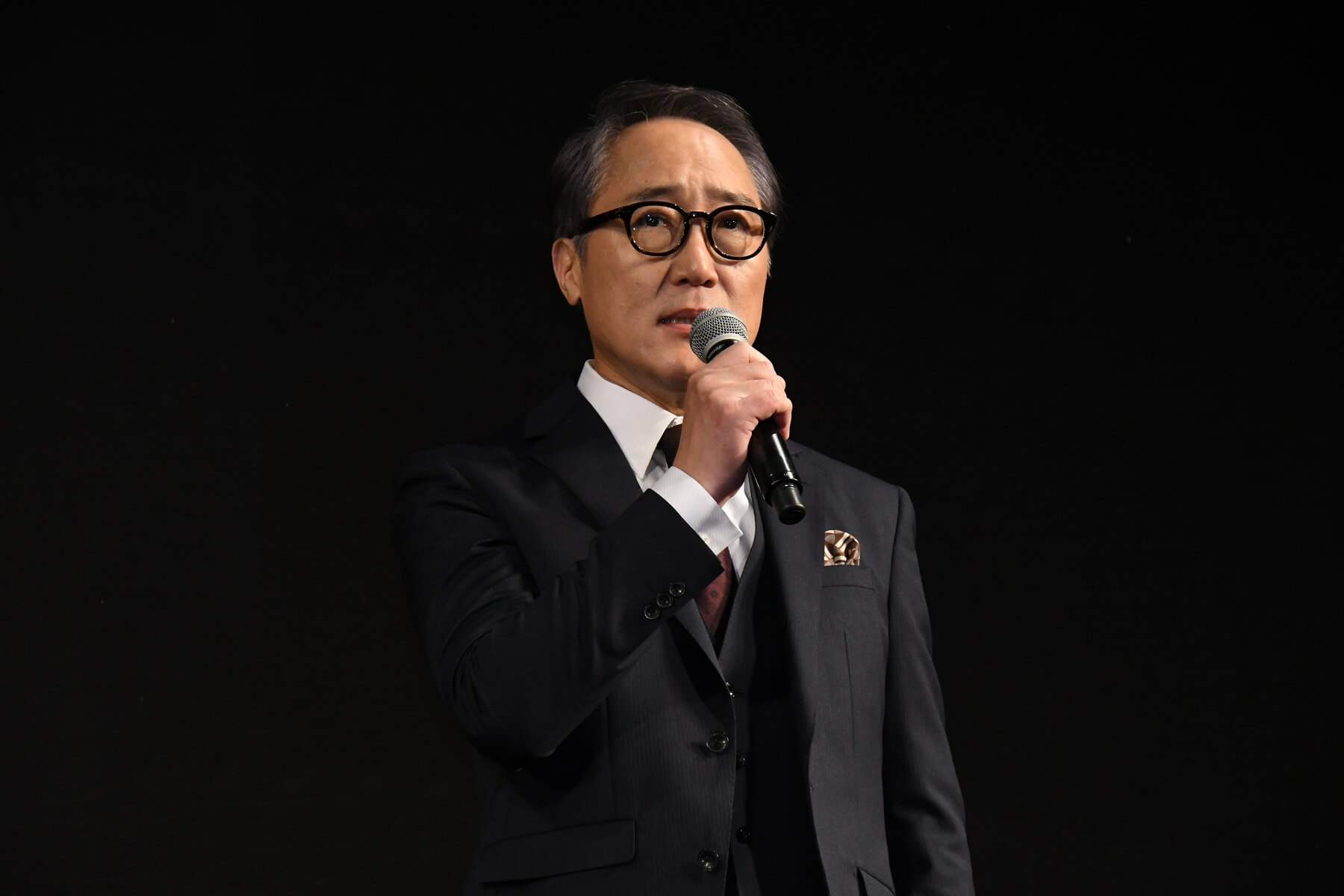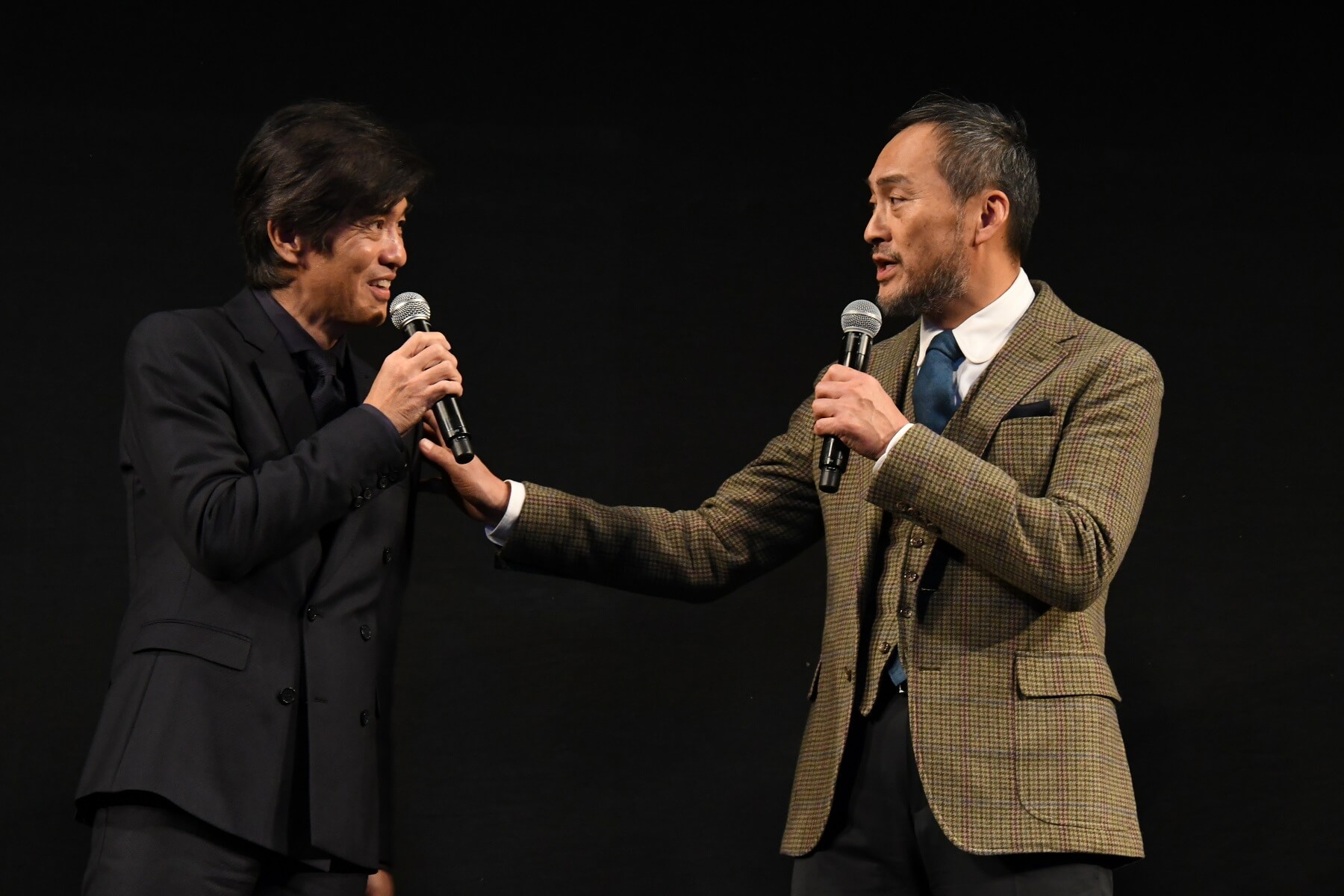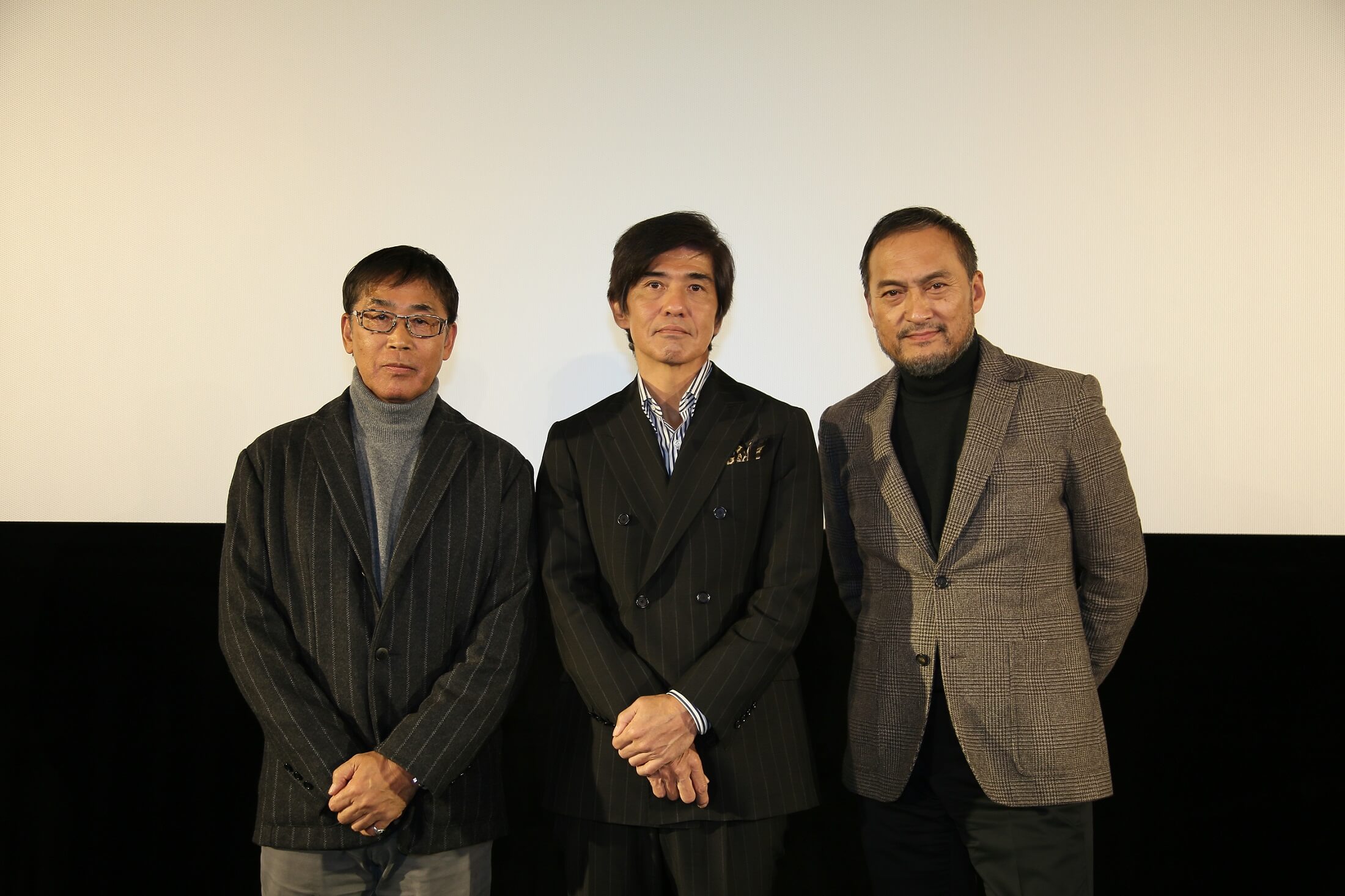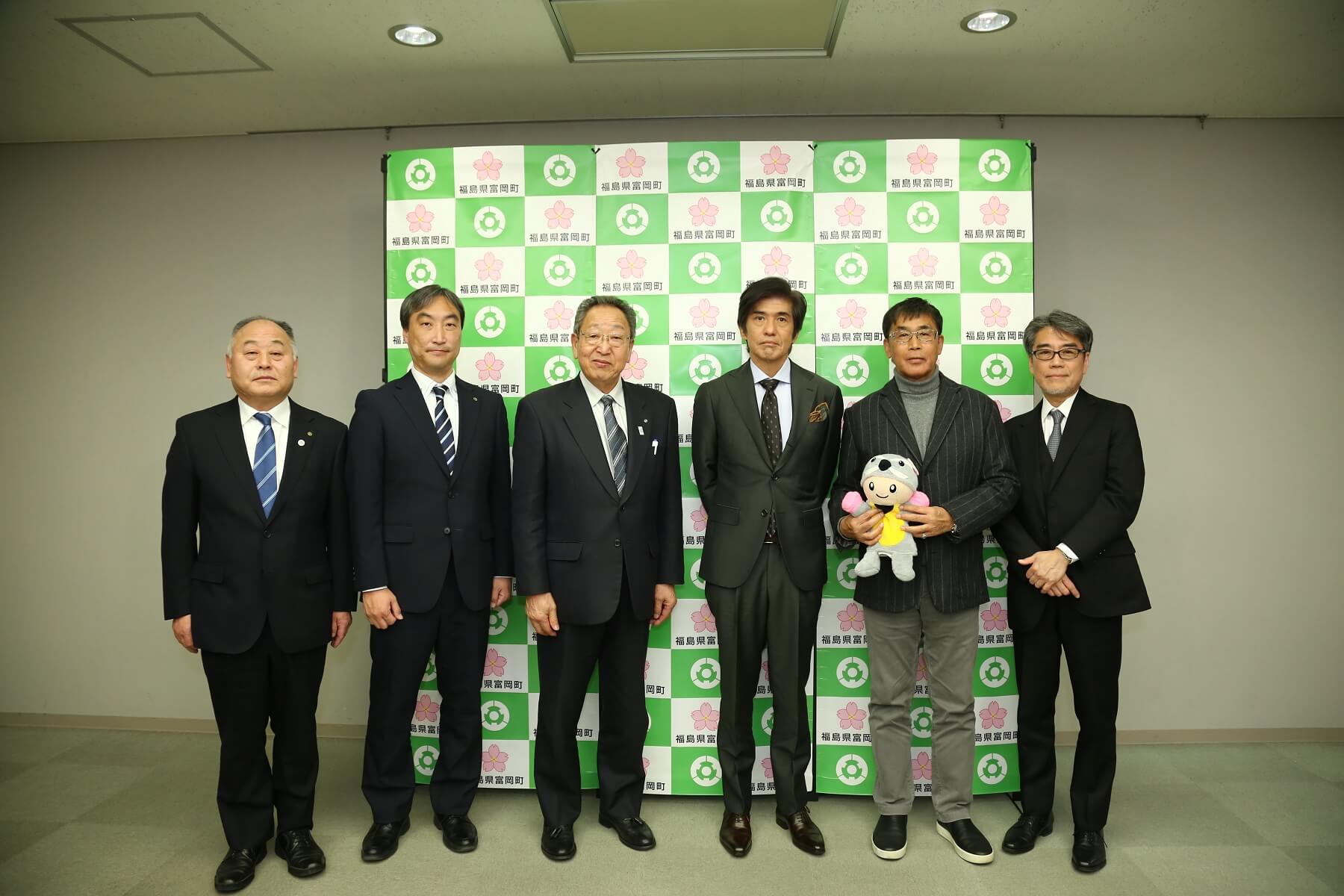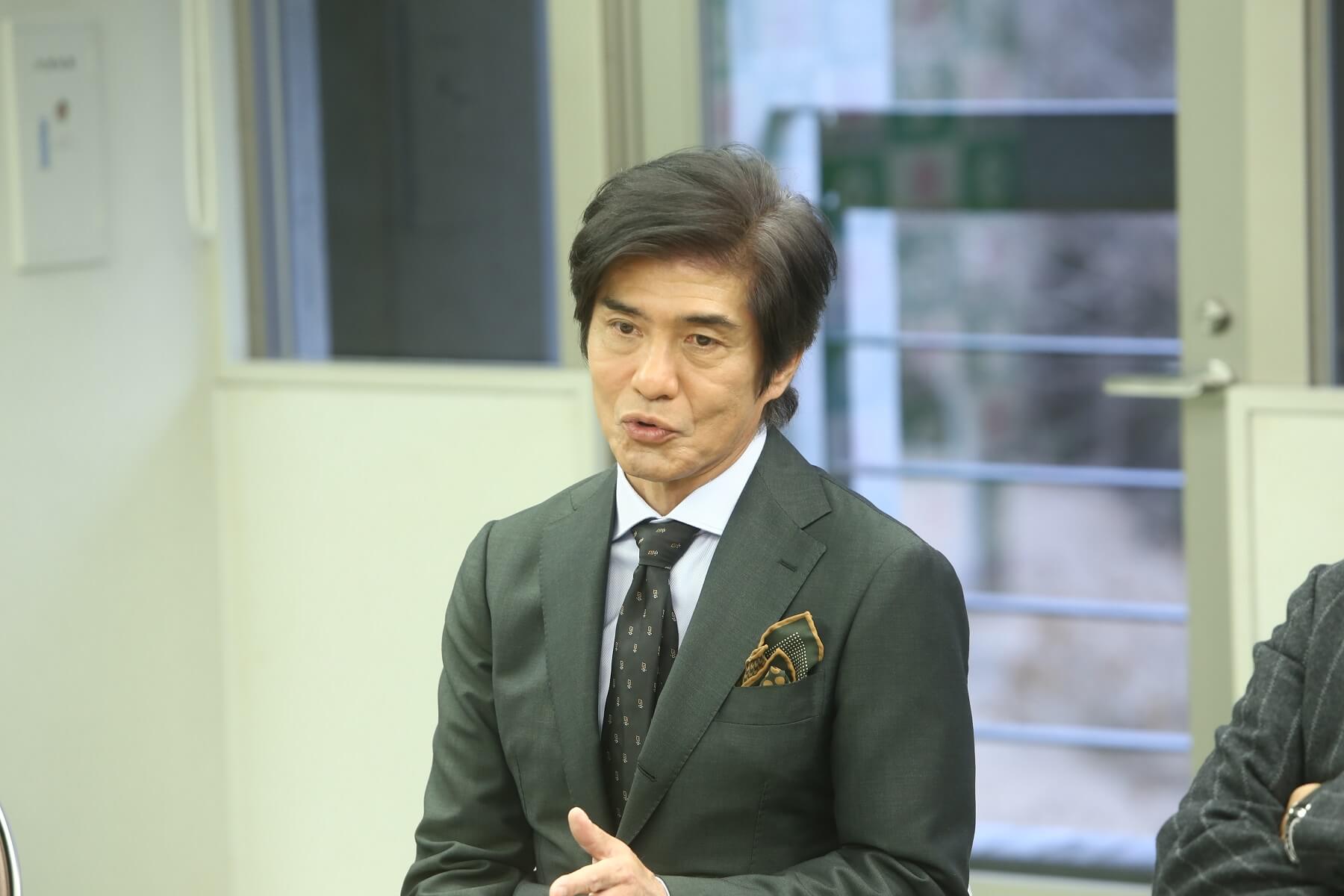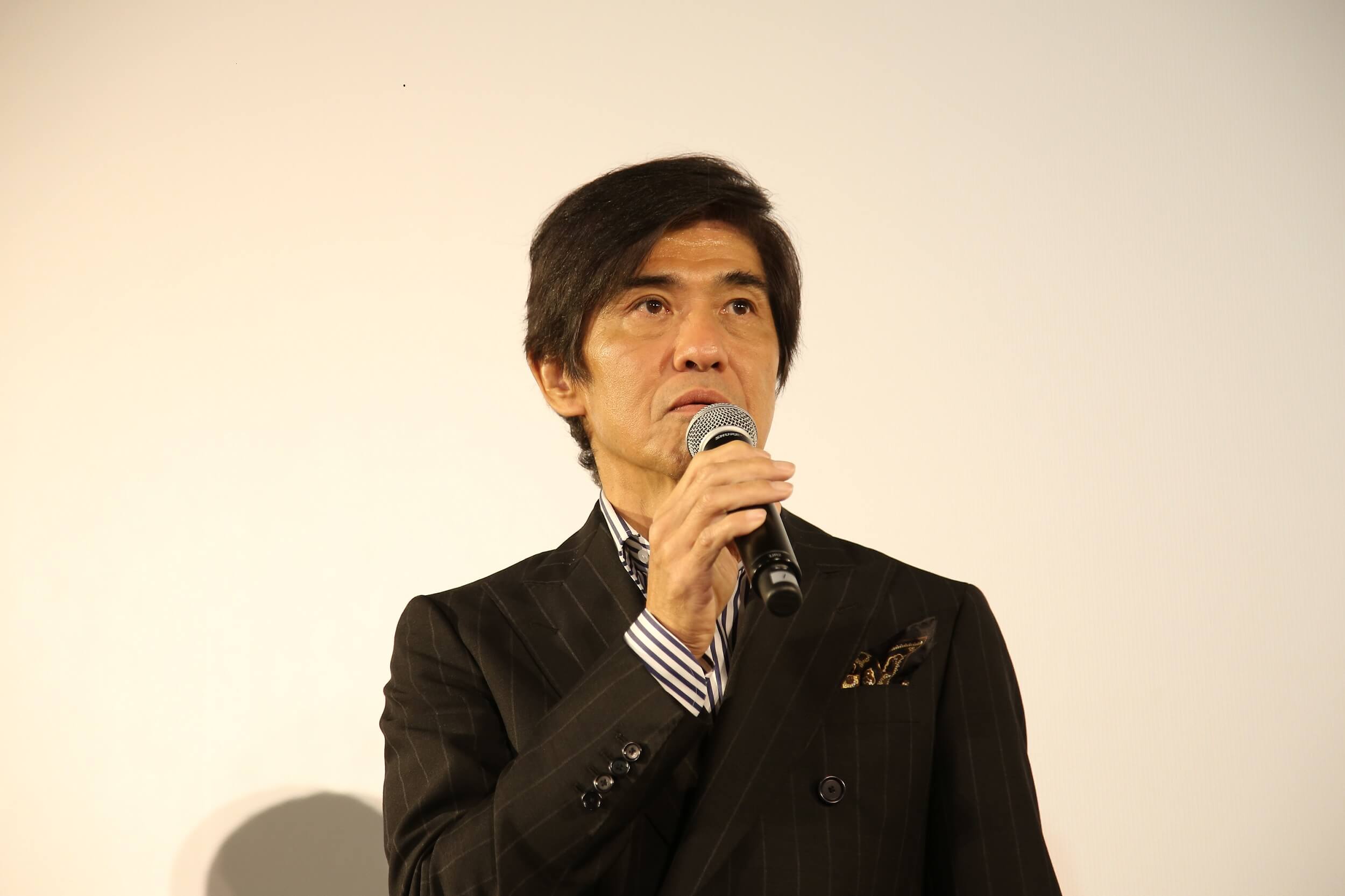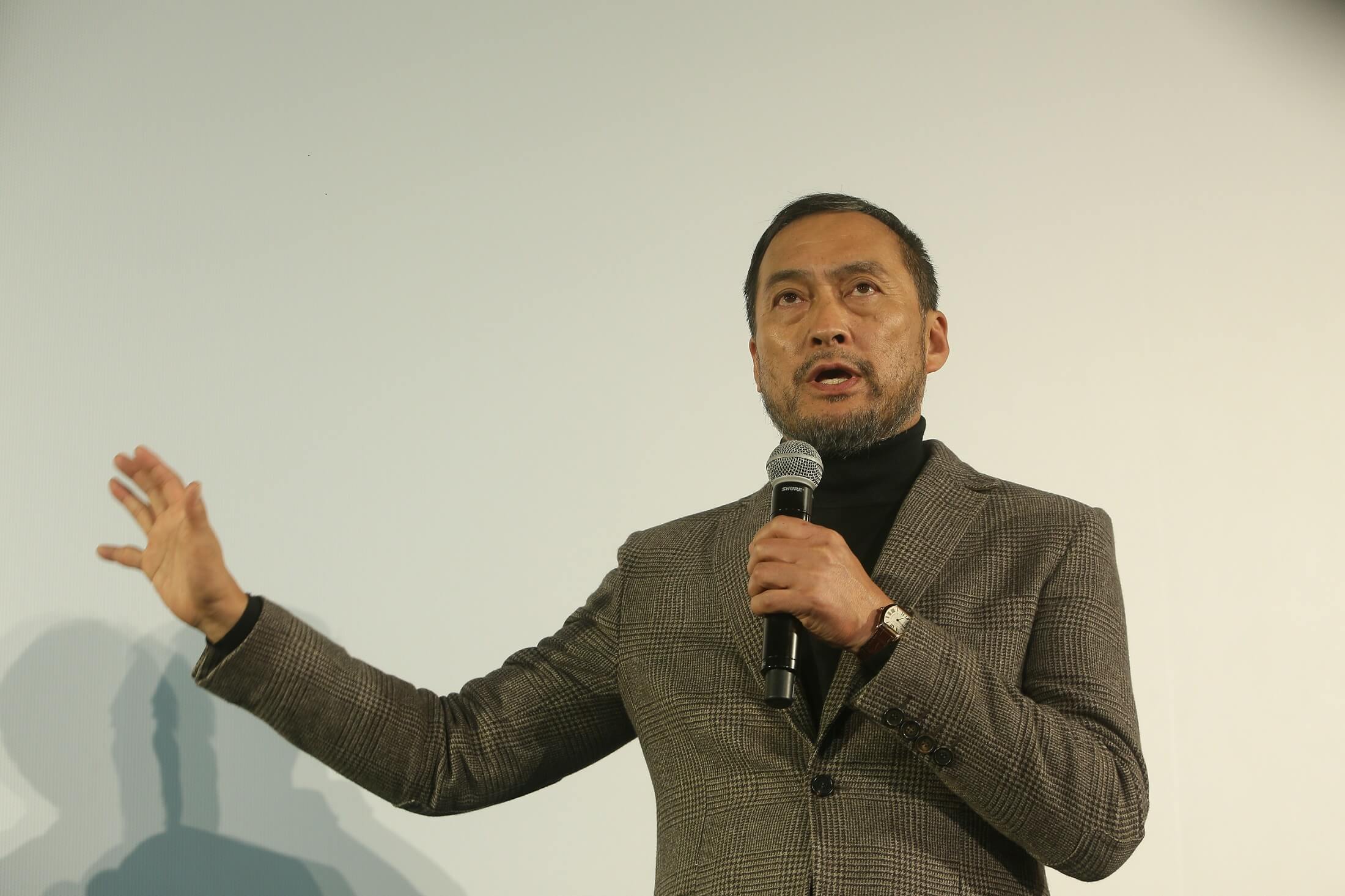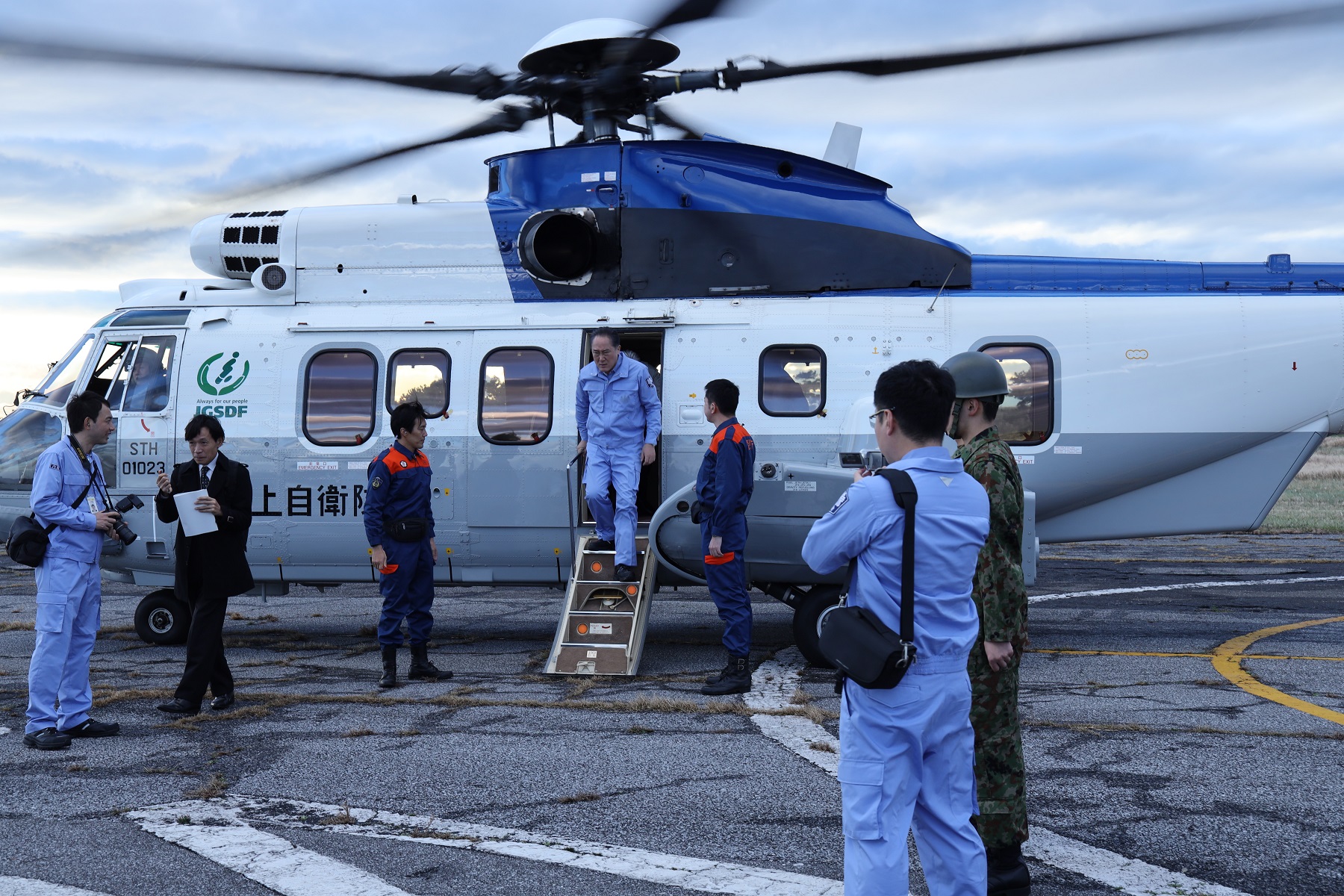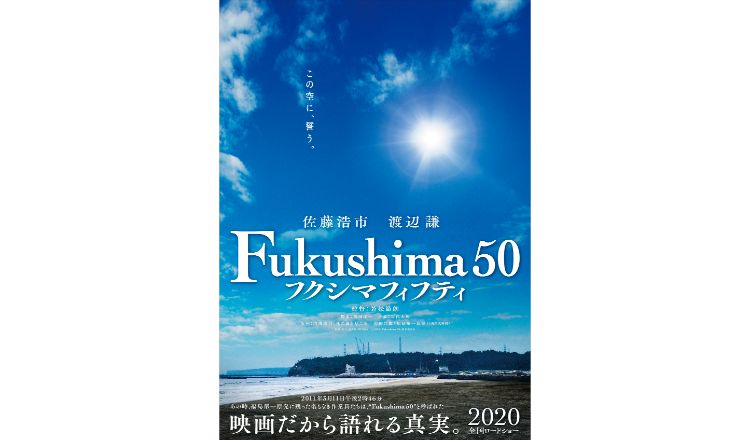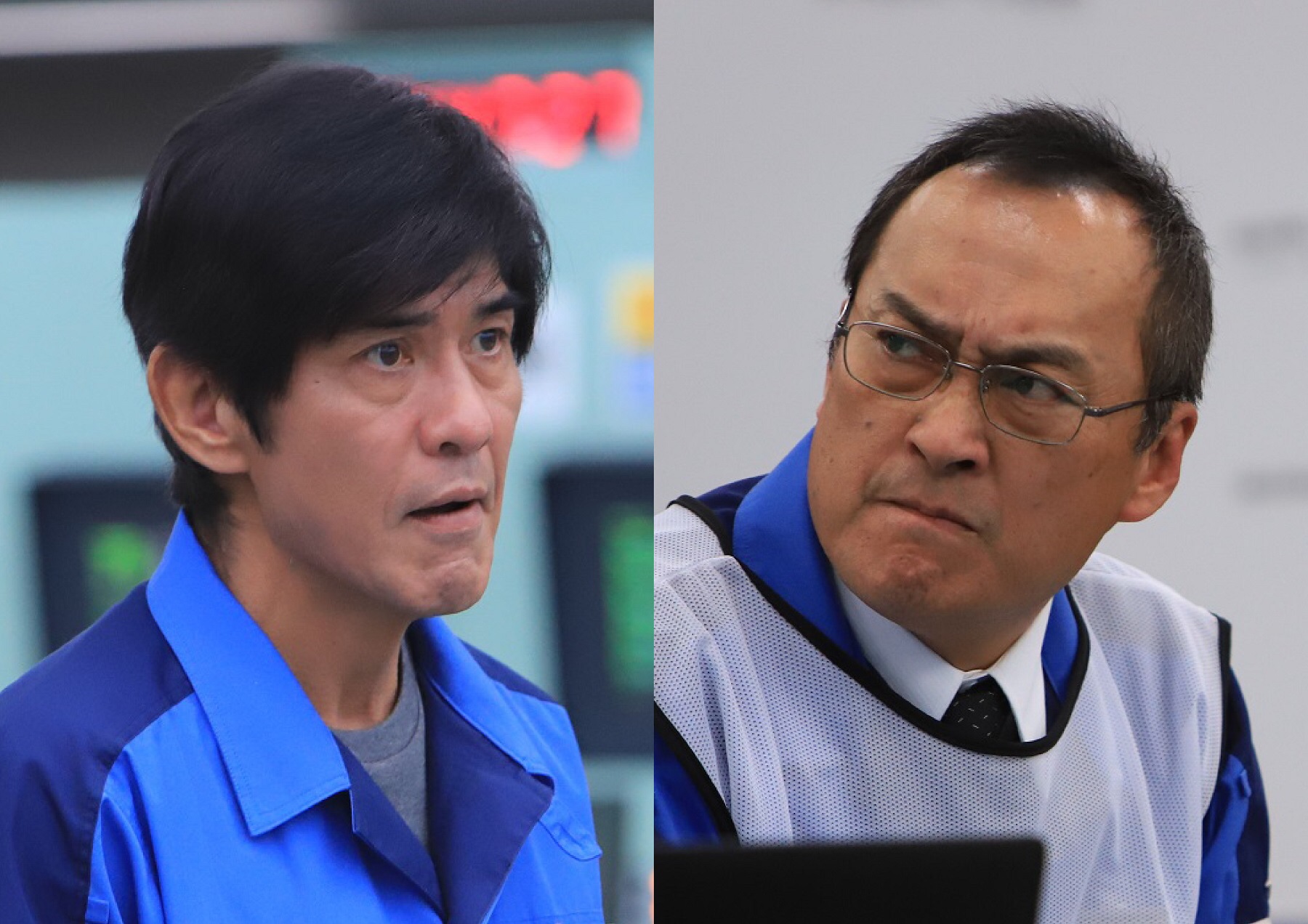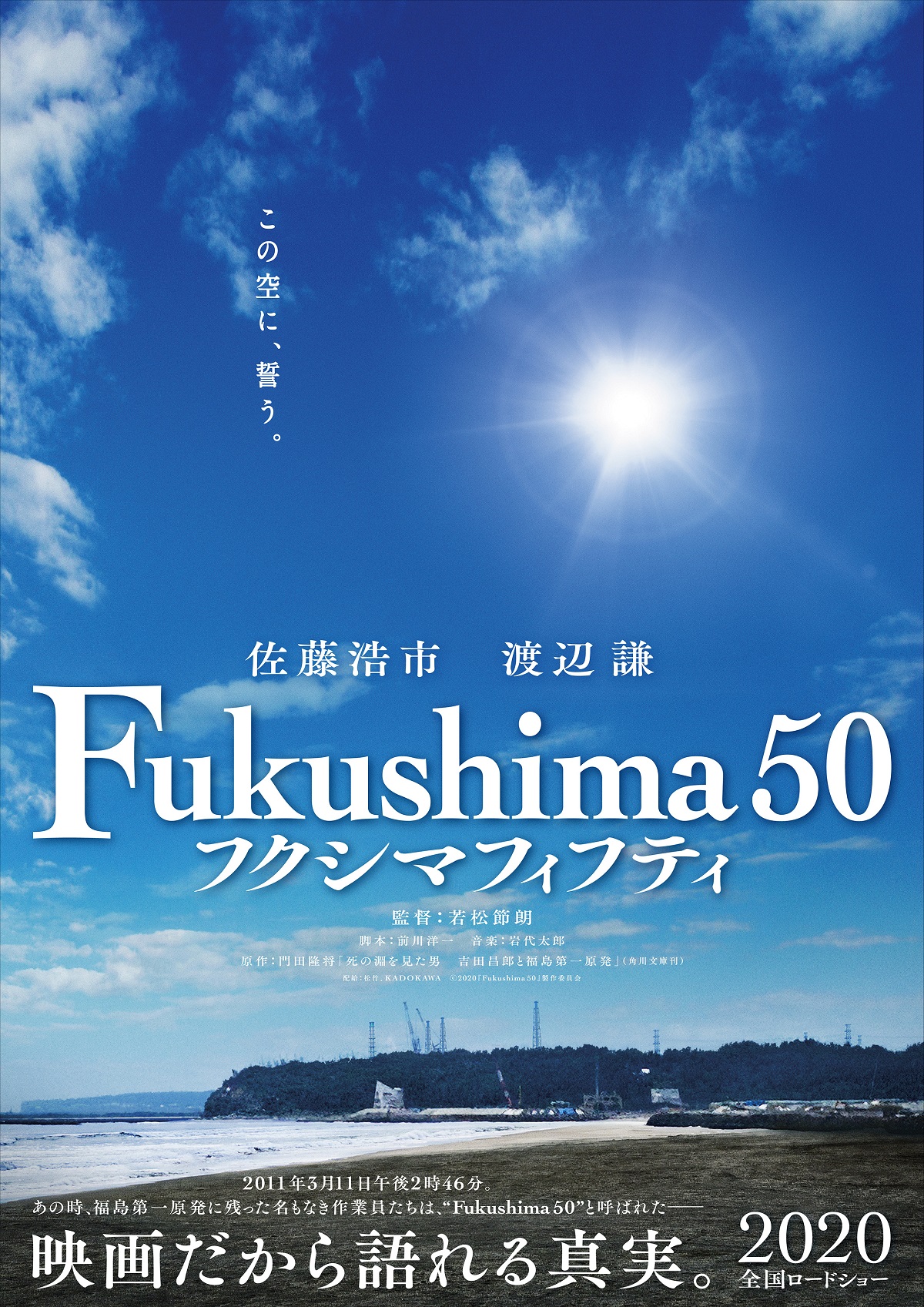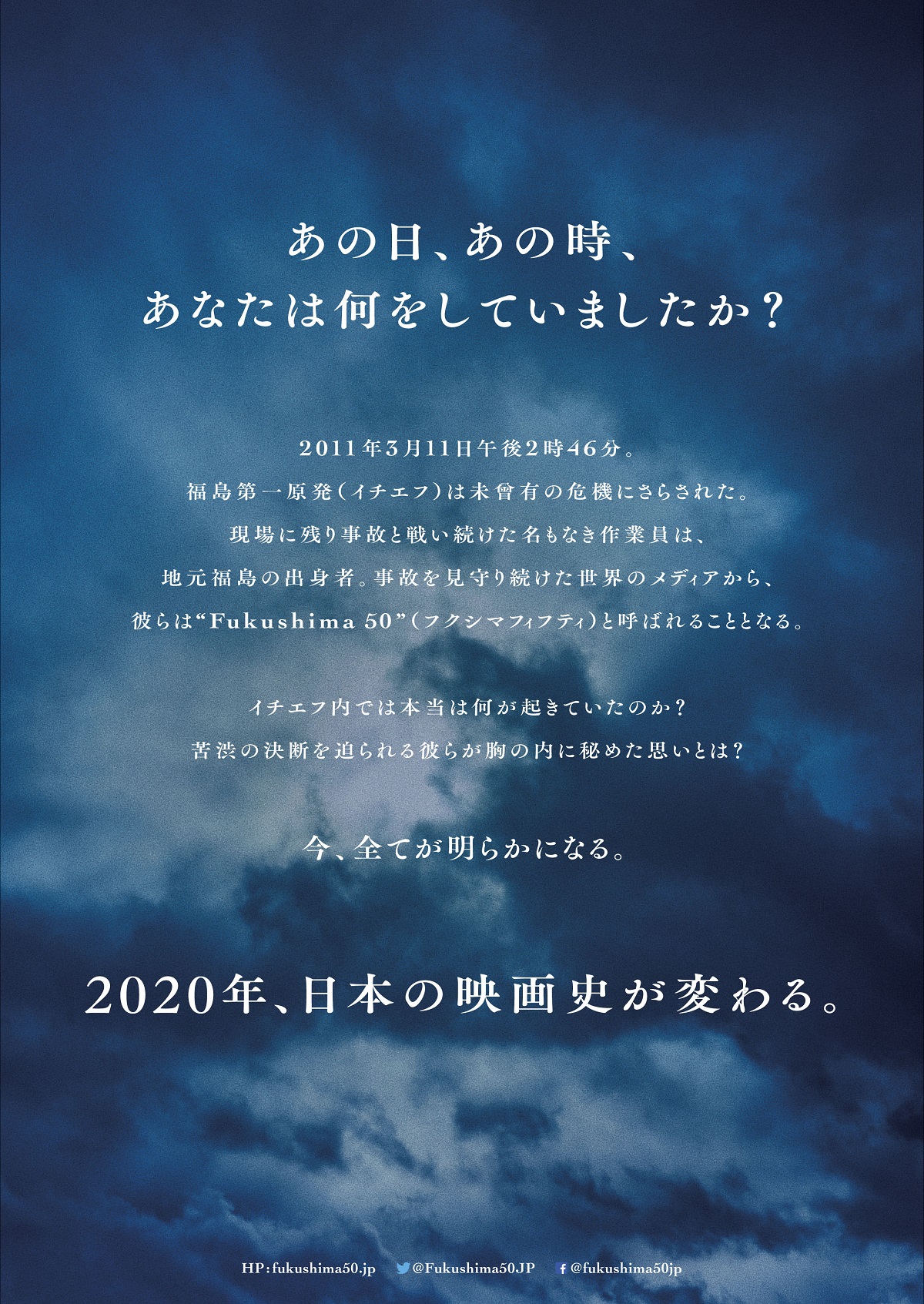Fukushima 50 is an upcoming film based on the non-fiction book On the Brink: The Inside Story of Fukushima Daiichi by Japanese journalist Ryūshō Kadota. It will be released sometime in 2020.
The film will discuss the Fukushima Daiichi nuclear disaster that occurred after the 9.0 magnitude Great East Japan Earthquake on March 11, 2011 which stands as the largest ever earthquake recorded in Japanese history.
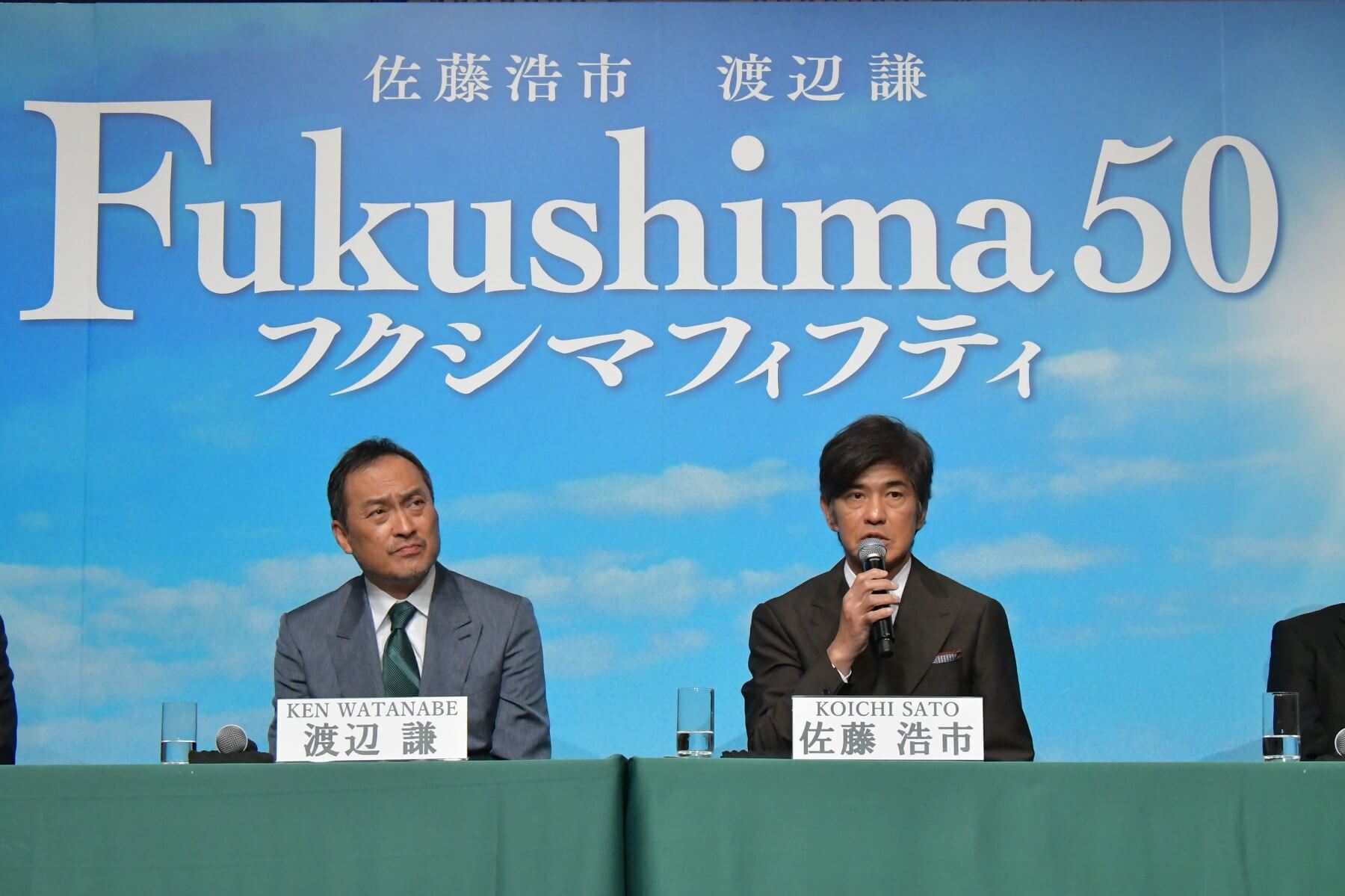
A press conference was held to help promote the film. The panel included Kōichi Satō and Ken Watanabe who will play the main characters and the film’s producers Shigeo Minakami and Norikazu Tsubaki of KADOKAWA.
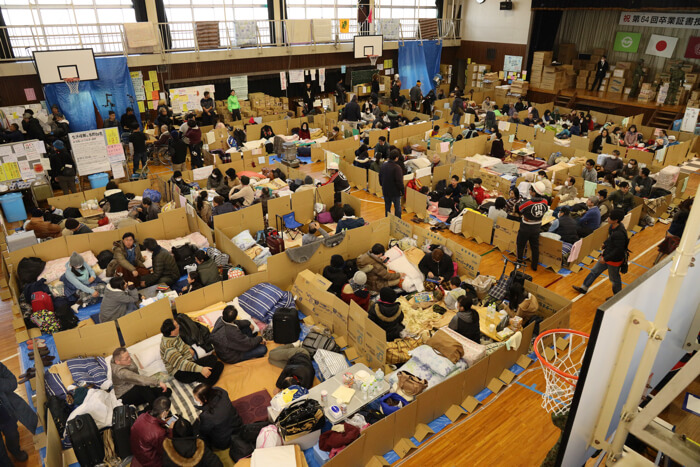
Shigeo Minakami discussed the series of events that lead to the production of the film. He commented: “The Heisei era is drawing to a close. We began this project as a way to impart the disaster to a new era, a disaster unprecedented, even globally. The workers who fought inside the power plant at the time were dubbed the Fukushima 50 overseas. Most of them were locals of Fukushima. They were ordinary people like us. They felt many different emotions as they worked. Worry, anger, sadness. It seems what was constantly on their mind was their families having taken shelter. We decided to show this incident for what it really was, something which cannot be understood merely from news reports, by focusing on the stories of these people. Other important themes it covers are the threat to the natural environment and the conceit of humans.”
He continues: “This film is based on On the Brink: The Inside Story of Fukushima Daiichi by Ryūshō Kadota and portrays the subject very realistically. It’s been eight years since the Great East Japan Earthquake, but the disaster it caused and the memories it left still leave concern to this day. The film covers a lot of topics such as the reconstruction of areas struck by the disaster and the decommissioning of the Fukushima Daiichi Nuclear Power Plant. We are making efforts in the production of this film to face the earthquake disaster and the nuclear incident once more. KADOKAWA has a history of creating films themed on societal issues such as Jubaku: Spellbound [1999] and The Unbroken [2009], so I want this film to be another to leave for the future.”
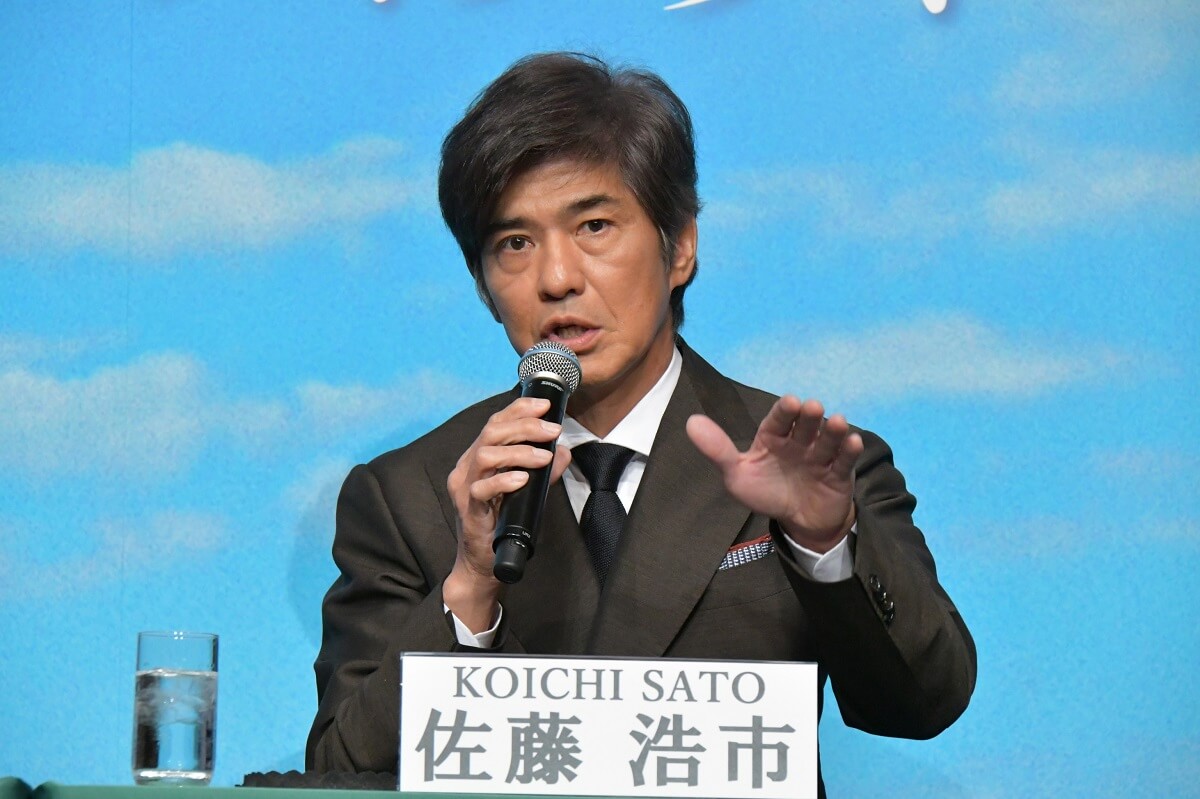
Q: This film is set to screen in 2020. It will be a turning point year as it marks 10 years since the Great East Japan Earthquake and is also the year the Tokyo Olympics will be held. What message do you hope this film gets out there to society?
Satō: “It’s already been 8 years? It’s only been 8 years? I believe each Japanese individual feels differently on the matter. There are probably people who are unable to look back and think about the time the earthquake struck, children in their teens who were born but have no recollection of it from their childhood. There are many different people and there is no right or wrong. I hope that by showing them this film the younger generation will be able to feel and take something from it. I also want each person living in the future to take from it what should be regarded as necessary and important.”
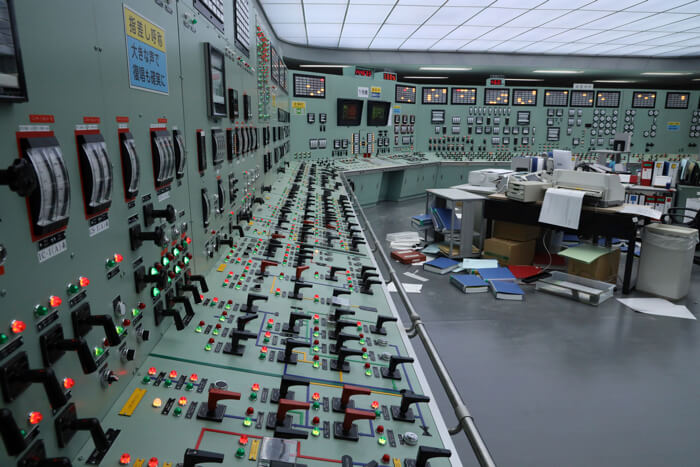
Watanabe: “I can say this without worrying about being misunderstood, but since I starred in Letters from Iwo Jima [2006], but I have felt that the will of the people in this country always trying to figure out how to logically pass down something to the next generation hasn’t been very good. I dare say that I don’t feel that will happen with how this film covers the nuclear disaster. The film doesn’t question whether nuclear power plants are good or not. I want it to pass down logically that this is an incident that happened, for it to be something that says to our children’s generation, and our grandchildren’s generation, that it happened. I want it to accurately send out the reality.”
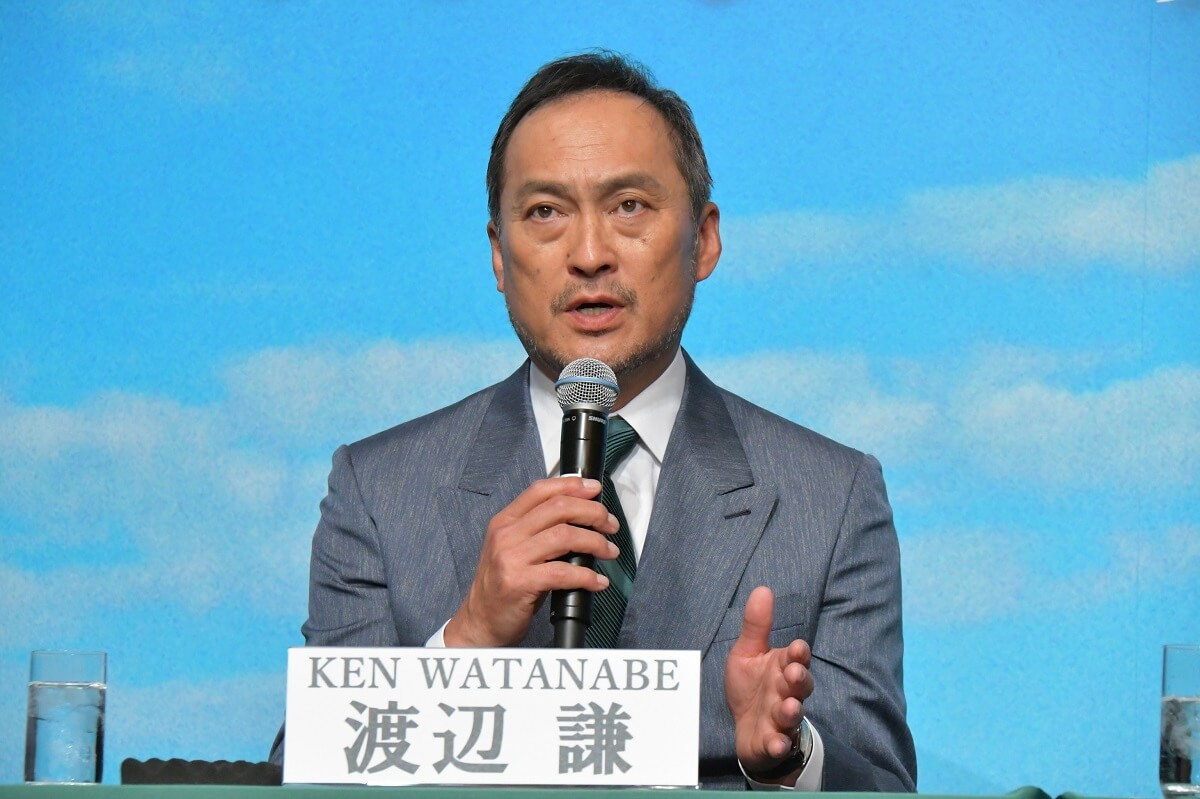
Watanabe continues: “The Unbroken too was a film that dealt with extremely big societal themes. When it was released, I felt that without the cooperation from the people around us it would have been difficult to get through to people in society. I was immensely grateful during that time when the media commended the film. I hope this film becomes like that too. I hope that everyone will lend their strength in getting this film and event out there to lots of people.”
Satō followed up by saying: “This is the first conference I have been to with so few smiles. We feel the same way, and I believe this strange tension in the air from you all is needed in this case. I want to convey the feelings felt as this conference to lots of people.”
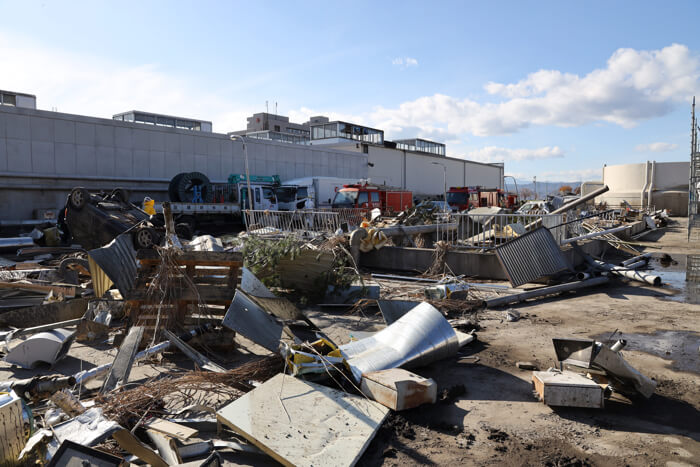
Eight years have passed since the terrible disaster that affected everyone in Japan and shook the world. Be sure to see Fukushima 50 as it gives a realistic insight into that time and delivers a drama unprecedented in the history of Japanese cinema.
© 2020 “Fukushima 50” Production Committee
Information
Fukushima 50
Release Date: 2020
Kadokawa Official Website: https://www.kadokawa-pictures.jp/official/fukushima/

